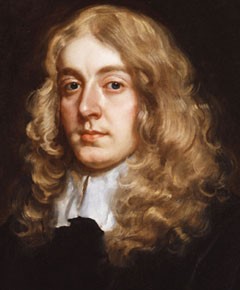-
(b.) -1625(d.)1695 December 30
Bio/Description
A notable English academic, diplomat, spy, inventor and mathematician of the 17th century, a polymath credited with early developments in relation to computing, hydraulics and steam power, he was educated at Winchester School and Magdalene College, Cambridge, where he became a Fellow in 1649. Devoting much time to the study of mathematics, he also became an accomplished Latinist and was proficient in Greek, Hebrew and French ? then the language of culture and diplomacy. While a tutor at Cambridge, he first encountered Samuel Pepys who became a lifelong acquaintance. On 18 July 1660 he was created a baronet and given a minor role at court, but his principal source of income came from applying his knowledge of mathematics and hydraulics to construct and maintain various machines, including: a non-decimal adding machine (working with English pounds, shillings and pence); a machine that made trigonometric calculations; an 'arithmetical machine' by which the four fundamental rules of arithmetic were readily worked "without charging the memory, disturbing the mind, or exposing the operations to any uncertainty" (regarded by some as the world's first multiplying machine, an example is in the Science Museum in South Kensington); and he also developed new forms of barometers, and designed a cryptographic machine. From 1677, he lived in the Vauxhall area of central London and moved to a house in Hammersmith in 1684. He began to go blind, losing his sight in about 1692. Three years later, he died 30 December 1695 and was buried on 6 January 1696 in Hammersmith Church.
-
Date of Birth:
1625 -
Date of Death:
1695 December 30 -
Gender:
Male -
Noted For:
Credited with early developments in relation to computing, hydraulics and steam power -
Category of Achievement:
-
More Info:


